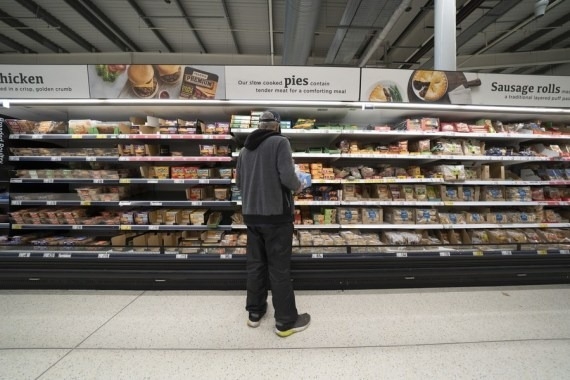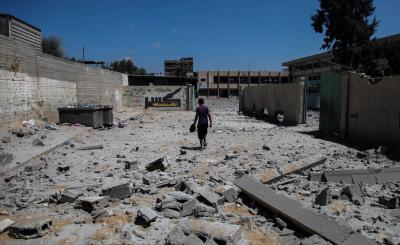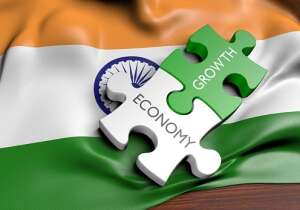The authors warn that further warming would mean more harvest-destroying extreme weather events, leaving consumers facing more price rises and empty shelves…reports Asian Lite News
Bananas, grapes, avocados, coffee and tea are among staples of the UK shopping baskets in the firing line as climate impacts bite, according to a study.
The study by Christian Aid, which maps key food imports, found a shopping basket of goods likely to be hit as the planet warms.
Researchers focused on households in Britain, Italy and Germany and found that a significant portion of the fruit, vegetables, pulses and meat products, specifically, 22, 23, and 15 per cent, respectively, originate from countries with high climate change vulnerability and low climate readiness levels.
The authors warn that further warming would mean more harvest-destroying extreme weather events, leaving consumers facing more price rises and empty shelves.
It comes weeks after the UK government’s five-year adaptation plan warned that climate change threatened the UK’s national security and food supplies.
Last month National Farmers Union President, Minette Batters, highlighted that climate change was causing havoc with food supplies.
She said: “I have never known such volatility in the global food system. Climate change is wreaking havoc on food production across the world, with farmers in Southern Europe literally fighting fires while farmers here are despairing as they now must spend thousands of pounds to dry sodden grain.”
This was echoed by Alain-Richard Donwahi, a former Ivory Coast defence minister, who led last year’s UN Cop15 summit on desertification.
He said the impacts of the climate crisis combined with water scarcity and poor farming practices threaten global agriculture.
The findings build on 2022 analysis by UK government advisors the Committee on Climate Change (CCC) which warned “risks are rising for international supply chains” and urged the ministers to raise spending on adaptation and “increase capacity building through its overseas programmes to improve global capacity for climate resilience, including supply chains”.
A typical UK food shop would see 22 per cent of fruit, vegetables, pulses and meat products coming from high-risk climate change countries, says Christian Aid.
More broadly, eight out of 25 UK’s top import trade partners are countries with high climate vulnerability and low climate readiness.
These include Brazil, South Africa, India, Vietnam, Peru, Colombia, Cote d’Ivoire and Kenya, where the UK imports the majority of its tea from.
These goods reflect a five-day diet typical for a four-person family from the three countries and underscore the risks consumers face in a world where extreme weather is hitting hard.
The report comes after the UN warned the world may tip over the 1.5 degree Celsius warming limit agreed by governments in the coming years, which experts reckon will lead to a spate of more serious extreme weather events.
UK supplies of tomatoes, cucumbers, lettuce, peppers and citrus fruits ground to a halt earlier in 2023 as drought hit parts of Spain and Morocco.
Rising temperatures are also hitting olive oil supplies, with Lebanon’s famed olive groves deemed at growing risk.
Patrick Watt, Christian Aid’s Chief Executive, said: “The UK may be an island but in an ever more interconnected world we cannot escape the damage caused by climate change.
“Our record on carbon emissions has helped cause the climate crisis. Farmers in some of the world’s poorest countries are now struggling to cope with droughts, storms and rising temperatures.
“The climate crisis is increasingly disrupting the supply chains of the food in British shopping baskets and risks adding to the cost-of-living crisis. The case for action has never been clearer.
“The UK government must work with others to provide the financial support needed to help vulnerable communities adapt to a fast-changing climate.”
ALSO READ-Amid rising gas prices, US inflation soars to 3.7%













